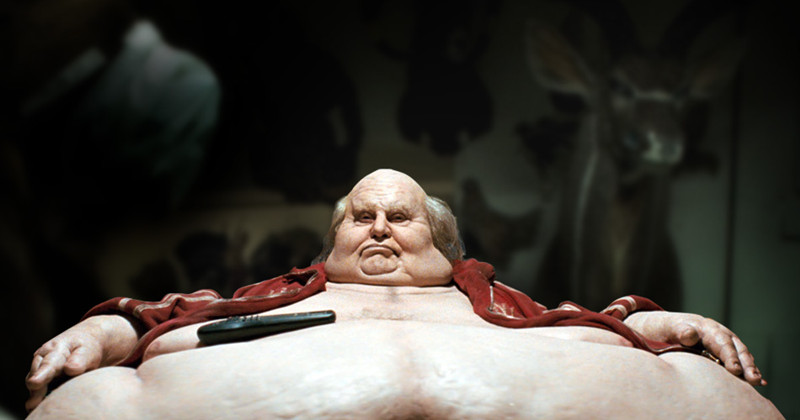
Of all the important films to have emerged from the aughts (2000-2009), so many of them have become quintessential modern classics for any cinephile or film buff.
“Spirited Away” is the critical and commercial success that finally cemented Japanese animation’s place as an entertainment juggernaut in the mainstream. “The Dark Knight” proved that a superhero as old as the medium he was spawned from can be reinvented into something more erudite, realistic and reflective of political dysphoria in the United States than any previous Batman films.
“The Lord of the Rings Trilogy” successfully argued that what was once considered unfilmable can be made. “Oldboy’s” violent and nihilistic story of revenge took the world by storm. And of course other movies such as “Amelie,” “Mulholland Drive,” “City of God,” No Country for Old Men,” “There Will be Blood,” et cetera.
There are so many other major essentials that would take too long to mention without making a bucket list. But if there is one thing those films have in common, then is that they are quite famous; asking anyone with a slight interest in cinema will have either seen those films, or have at least heard of them.
However, an important movie does not have to be famous to become an essential. What may be more pertinent is a film’s impact afterwards, the cultural significance, artistic contributions, or commentary on current socio-political issues locally or globally.
Here are 20 Obscure Essentials of the 2000s that should not be missed.
1. Eureka (dir. Shinji Aoyama)
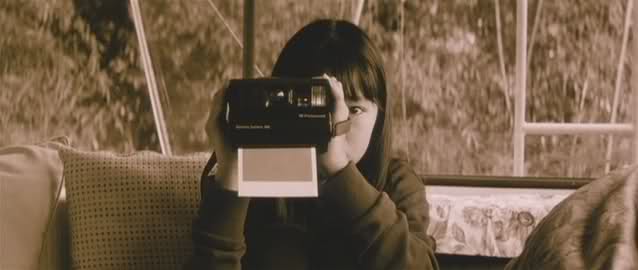
A sepia drenched drama about a traumatic bus hijacking leaving only three survivors, the bus driver and a teenage boy and his sister. The aftermath of the event leaves each survivor a shell of their former self. The siblings drop out of school, they lose their parents and the driver leaves his family. But the driver feels concern for the siblings so he goes to live with them to insure that their standard of living will not worsen.
Why it is essential: The slow pace makes for an hypnotic journey and it is an earnest depiction of post traumatic stress disorder. As the trio try to find acceptance and closure, the epiphany for all is finally reached as the color returns to normal. Each actor gives strong performances, especially from Kōji Yakusho who has never been better.
2. The Century of the Self (dir. Adam Curtis)
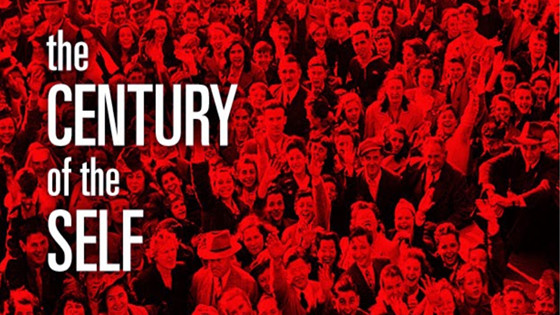
Essentially stock footage compilation from BBC’s archives with voiceover. “The Century of the Self” is an eye-opening analysis of how politicians and businesses used psychology to manipulate the public; their techniques were based off of Freud’s theories of the unconscious mind: the id, the ego and the superego.
Why it is essential: If anyone was wondering how consumerism and instantly gratifying products became so prolific within developed nations prior to the 1900s, then Curtis’ dissemination of self-interests in this 4 hour documentary will answer most inquiries. He not only looks at Freud’s claims but Anna Freud and Edward Bernays’ (considered to be the father of public relations) ideas, too; both of whom have familial ties with Sigmund Freud.
3. The Best of Youth (dir. Marco Tullio Giordana)
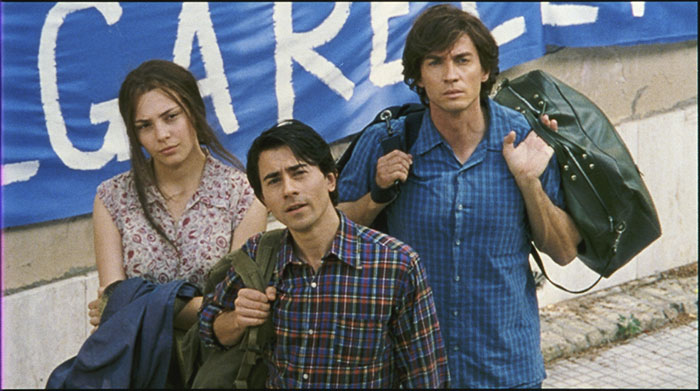
“The Best of Youth” is about Italy. More specifically it is about two brothers, Marco and Nicola, finding their way through the Italian minutiae of social unrest and political fervor. They meet a mentally impaired woman named Giorgia before their planned trip to Norway, but they sacrifice the excursion to save her from an abusive asylum. However, she is arrested by police and the duo feels immense guilt. Cancelling the Norway trip, they separate, but no matter how hard they try to forget their mistake Giorgia stumbles into their lives allaying the resentment.
Why it is essential: Derivative of previous historical Italian epics only by scope and ambition, “The Best of Youth” masterfully intercuts both of the brother’s lives. Nicola goes through his tribulations with little difficulty, but the other brother, Matteo, suffers from mental illness and struggles to find peace with himself. The pathos present all along the film is powerful.
4. The Five Obstructions (dir. Lars Von Trier & Jørgen Leth)
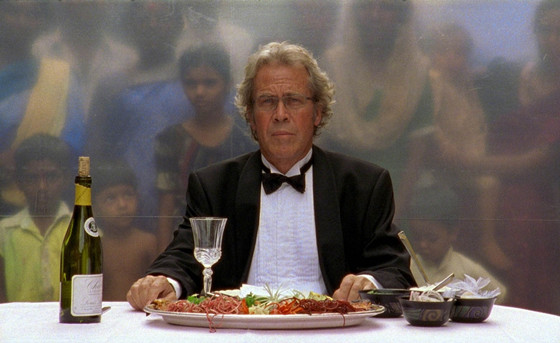
An experimental documentary about Lars Von Trier challenging his mentor, Jørgen Leth, to remake his 1967 experimental short film “The Perfect Human.” Von Trier makes five stipulations that will make each subsequent remake more challenging.
Why it is essential: Von Trier makes the perfect film about the artistic process. It would erroneous to omit this immensely entertaining and funny film from any filmmaking class. “The Five Obstructions” demonstrates that even the most experienced of filmmakers can be bewildered by such arbitrary rules. One of the rules/obstructions is having to make the film in Cuba with no set, and no shot lasting longer than twelve frames; the results are fascinating.
5. Prince of Broadway (dir. Sean Baker)

Baker’s third film follows a street hustler who is forced to raise a child he supposedly conceived. Of course he is obstinate about the situation, and some unfortunate events occur as a result of the inconvenience.
Why it is essential: About three years prior, a South African film called “Tsotsi” was released to critical acclaim with a similar plot. It is purely coincidental as their conclusions are very different, but both films examine the futility of parenthood when either parents are not prepared for this kind of responsibility. Though, “Tsotsi” has hints of optimism, “Prince of Broadway” opts for a realistic approach which is that all good, or bad things, must come to an end.
6. Heavy Metal in Baghdad (dir. Suroosh Alvi & Eddy Moretti)

Basically a feature-length Vice documentary, Alvi & Moretti showcase a heavy metal band in Iraq, Acrassicauda. The band is heavily influenced by the American metal band Metallica. A bit of the film is spent locating the group as they have to constantly relocate because of the Iraq war.
Why it is essential: The allusions to Metallica shows a group of men with no interests in the ideologies and politics of the Iraq war—they only care for their music. The humanization of these artists is one of the best attempts at criticizing the Iraq invasion, or war in general. The constant halts on the recording of their album is a frustrating endeavor as rehearsing studios are in rubble, but the band furtively plays on even if the locals think they are playing the music of Satan.